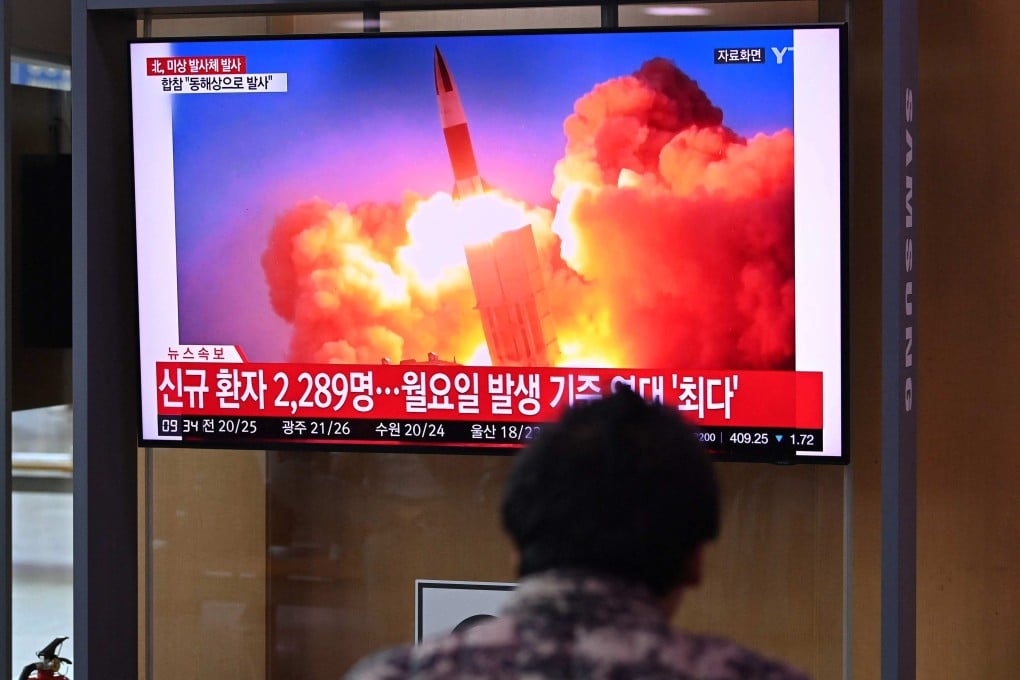Advertisement
The sun is setting on Moon Jae-in’s promise of inter-Korean peace, and Joe Biden isn’t budging
- The South Korean leader is racing against time to meet his pledge of securing a permanent peace with the North before his term is up
- China may be on board, but a lack of progress on denuclearisation has left the US cold. Meanwhile, Moon’s public is growing sceptical of reunification
Reading Time:5 minutes
Why you can trust SCMP
4

When Moon Jae-in gave his first address as the president of South Korea, he promised not to rest until he had secured a permanent peace between the divided Koreas.
Advertisement
“I will fly to Washington, Beijing and Tokyo, if needed, and I will also go to Pyongyang, if conditions are met,” Moon said during his 2017 inaugural speech. “I will do everything in my power to bring peace to the peninsula.”
Nearly five years on, the South Korean leader is in a race against time to make good on his word and leave behind a lasting legacy before the end of his single five-year term in May.
Moon, a former human rights lawyer and son of North Korean refugees, faces an array of obstacles to realising his vision, which sees a declaration to officially end the Korean war as a pathway to the North’s denuclearisation, inter-Korean reconciliation and eventual reunification.
Divided in the aftermath of World War II, North and South Korea technically remain in a state of war after the 1950-53 conflict ended with an armistice, not a peace treaty.
Advertisement
To succeed, Moon, who is constitutionally barred from running for re-election in March’s presidential vote, will have to bridge yawning differences between Washington and Pyongyang, and fend off growing disillusionment toward his rapprochement efforts at home.


Advertisement